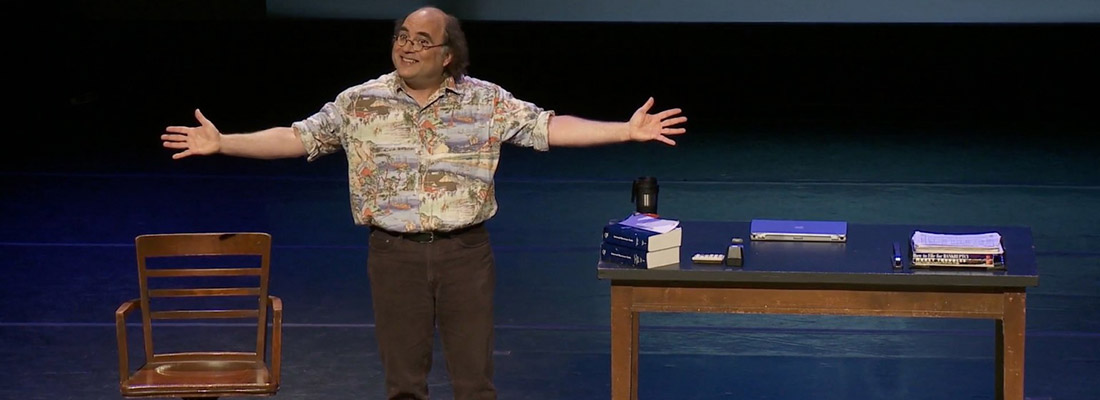Our second class — in the series of four that I am sharing with Rabbi Menachem Creditor, titled “Swimming the Sea of Reeds” — focused on several myths that the Jewish spiritual tradition has inserted into gaps in the Torah’s account of the Sea of Reeds story. These were from a remarkable book, Tree of Souls: The Mythology of Judaism, edited by Howard Schwartz, that I keep always nearby, a seemingly inexhaustible source of wonder. I’m not sure whether these tales fall into the category of midrash — filling in the gaps left by the official accounts — but since I’m sitting here all alone in my office writing this (as far as I can tell!), I’m going to say that they do.
A couple of them imagined a further life for the relatively minor Biblical character Serah bat Asher, who — in one account we read — appears a thousand years after the parting of the Red Sea (as it is called in Tree of Souls, rather than the Sea of Reeds) and informs a rabbi and his students what really happened that day. And they have to believe her because she was there — she was a witness. This story put me immediately in mind of the Holocaust survivors I used to meet as a child in New York. My mother or father — whichever parent had custody of me that day — would make a point of introducing me. And as I shook the hand of the older man, or woman, my mom or dad would quietly point to the numbers tattooed on the forearm. These numbers were the proof, if one was needed: proof that these human beings had once been accorded the status of things. To look into the eyes of these survivors was, to me, to peer into infinity: to try to apprehend a suffering that I could not imagine, which, miraculously, had not succeeded in robbing them of their humanity. And yet — and this was part of the miracle — they were “only” people, not supernatural spirits or gods.
For those of us blessed with lives of relative comfort, there is, I think, a temptation to ascribe magical qualities to those who experience enormous and prolonged suffering and degradation — which, in turn, can allow us the further comfort of separating ourselves from their plight. It’s as if these distant sufferers become bit players in what we experience as the epic dramas of our own lives — adding color, and a sense of depth. How much more difficult it is — how horrifying — to confront the idea, the reality, that these terrible things have happened — happen — to real people. Then it could be me, or you — or, God forbid, our children.
It is, perhaps, paradoxical that a fanciful story about an imaginary woman — who, impossibly, lived for at least a thousand years — may help me to connect with real people in the real world in which I live, instead of cowering (as I spend so much of my time doing) in a personal fantasy that shields me from some pain, but also from action, from life, and from love. Paradoxical, but (I think) palpably true.
